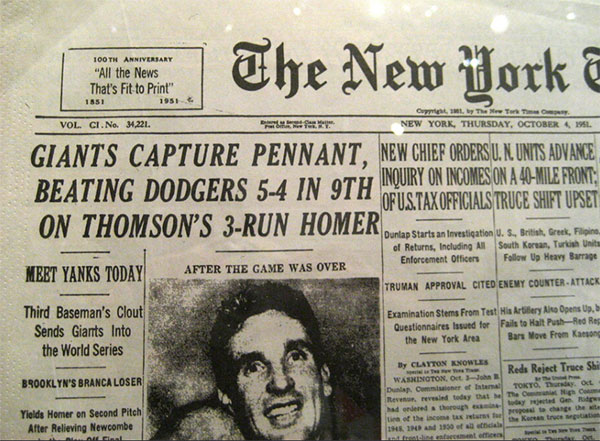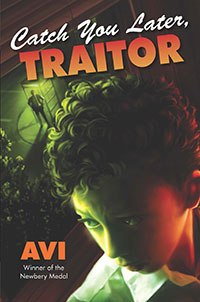The other night I watched the final playoff game between the Los Angeles Dodgers and the San Francisco Giants.
For me, however, it was a baseball game between the Brooklyn Dodgers and the New York Giants, a continuation of their fierce rivalry from the days I grew up in New York City.
In my youth, there were three baseball teams in the city. There were the two cited above and the New York Yankees. In my world, however, the Yankees (no doubt because they were so successful) were elite aristocrats, and we had defensive contempt for them.
But the Giants and the Dodgers … we lived and breathed that rivalry. I went to Ebbets Field. I listened to the Symphoney [sic] there. We rejoiced in Jackie Robinson. Those were the days when there were three great center fielders. Mickie Mantle, Duke Snyder, and Willie Mays were all playing. We could (and did) take hours debating their heroics. Mays was my hero.
This recent night, as I watched the game there was a brief flash of a stadium sign that read, “Remember 1951!” In that context, a quick grainy newsreel was shown of Bobby Thompson’s epic home run that won the pennant for the Giants that year. In truth, that’s why I watched the game, a reunion, if you will, of memories.

I urge you to read this marvelous essay: https://nyti.ms/2Y5iqHa

That 1951 pennant run is a key ingredient to my book, Catch You Later, Traitor. While the book tells a tale of cold war politics, a lot is about baseball. The phrase “CATCH YOU LATER, TRAITOR,” is spoken by the character Kat, when she learns that her best friend Pete (the narrator of the story) switches his allegiance from the Dodgers to the Giants in that very year, 1951. This, in 1951, was serious stuff. It was something I did, my first serious act of youthful rebellion.
In the novel, there is an account of listening to the historic game in school. That is, I relate how the teacher brought in a radio, and the whole class listened to the game. My editor questioned that part of the story, saying no teacher would ever do that. But in fact, baseball was so fundamental to Brooklyn culture, my teacher did do that. Also, in the course of the story, an FBI agent comes to the door of Pete’s apartment and tries to question him about his politics. A reviewer said that would never have happened, but as with the radio in the classroom, it did happen—to me.
It was a different time. Or maybe not.
While what occurs in the novel is fiction, it is full of bits and pieces that reference my life in the 1950s, including how I became a newspaper reader to a neighborhood blind man.
In short, Catch You Later, Traitor is the most personal of my books. Hardly a surprise that it is one of my favorites.
As for the game the other night, I wish the Giants had won. Regarding the way it ended, to use a Brooklyn phrase, “We was robbed!”
2 thoughts on ““Remember 1951!””
I loved your mention of playing the radio in gym class. When I was a kid, I was a big New York Mets fan. It was the first time they were in the World Series in 1969 and I had gym class the last period of the day. Instead of playing basketball or doing exercises, my gym teacher wheeled in a TV on a cart and said, “We’re not having gym class today, we’re watching the World Series.” I was never happier. We watch part of the game, school ended, and I sprinted home to turn on my TV to watch my beloved New York Mets win their first World Series. Great memories, thanks for sharing yours.
Catch You Later, Traitor is on my TBR pile. I’ll bump it up my reading list because I especially enjoy the most autobiographical novels by my favorite authors.